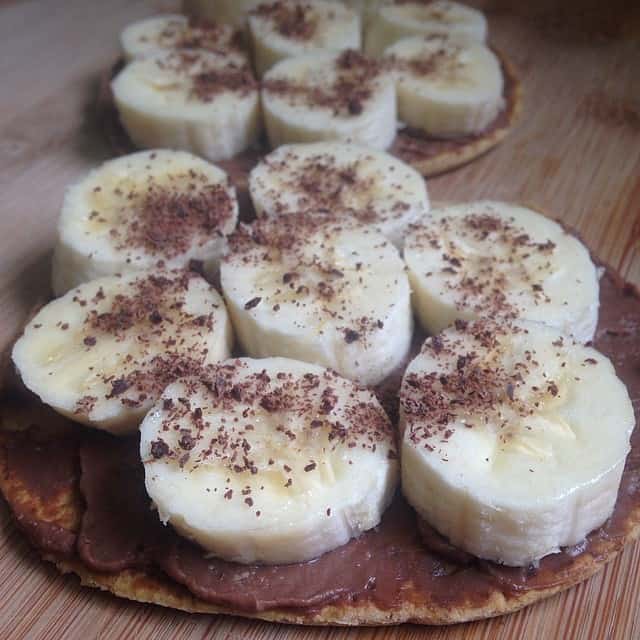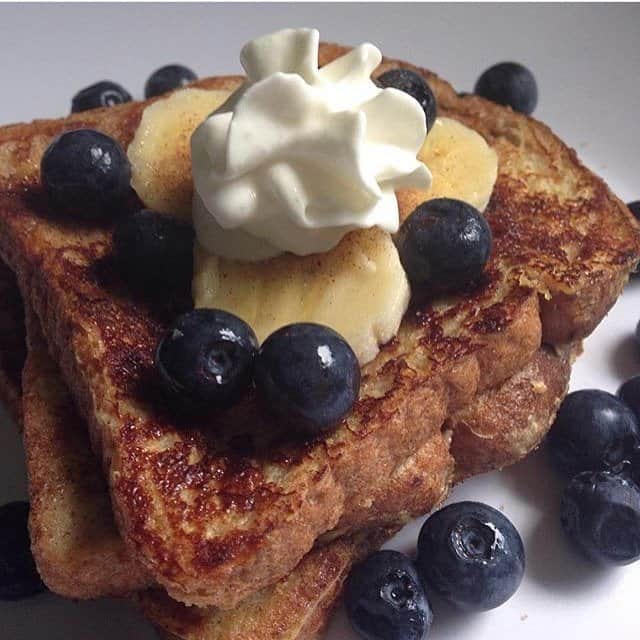[ez-toc]
Bananas and plantains are both popular fruits, but bananas are consumed at a much higher rate, about 27 pounds per person each year according to the Mayo Clinic. But plantain consumption continues to soar, particularly in Africa, Central America, and Caribbean Islands, due to its higher caloric value as well as containing a good amount of potassium and fiber and high use in traditional meals.
Both fruits have many nutritional similarities, but bananas have less than half the calories and carbs that are found in plantains. The flavor profile of each fruit also differs considerably with bananas being sweeter and used more for sweet bread, desserts, or stand-alone fruit to enjoy raw. While plantains are more bitter and typically used as an accompaniment to main courses and are almost always eaten fried or steamed.
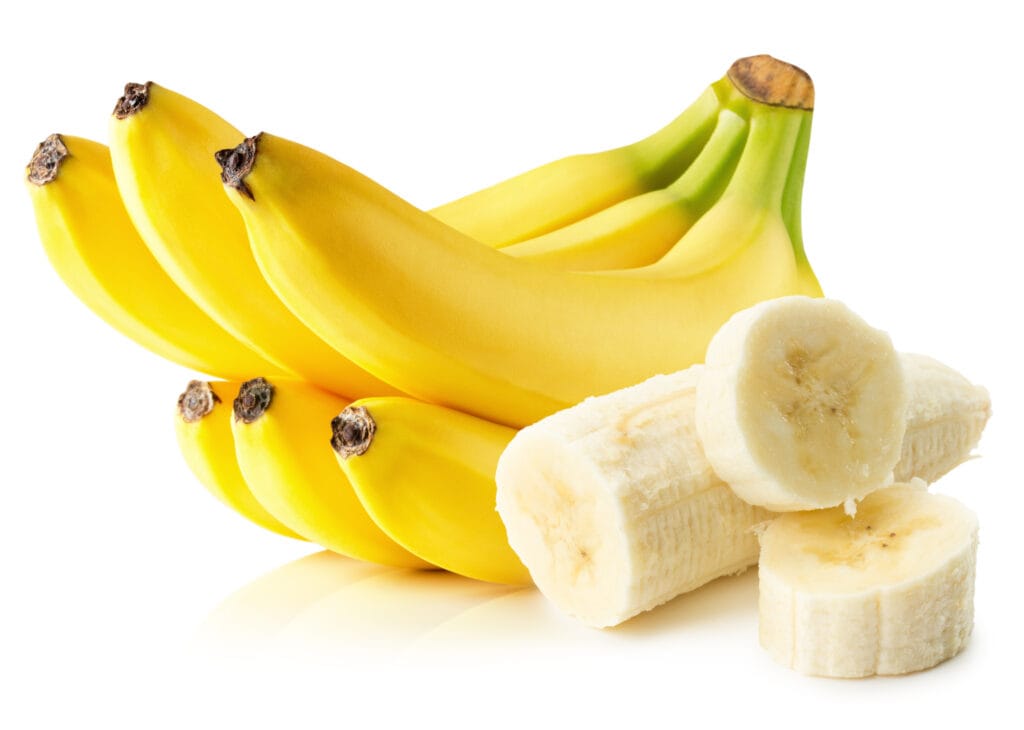
What is a banana
Bananas are popular fruits with a sweet taste and creamy yet firm flesh. They are yellowish and hold a long, curved shape and are grown in tropical locations and farmed from a herbaceous flowering plant. Over 100 billion bananas are consumed worldwide each year due to their versatile use, nutritional value, and delicious taste.
What do bananas taste like
Bananas have a distinct and sweet flavor with a soft and creamy, yet fibrous texture. When ripe and bright yellow the fruit is at its sweetest as natural sugar concentrations are at their peak. But as they continue to ripen, the flavor becomes more pronounced and fruity, with hints of tropical melon. When bananas fully ripen and turn brown, the flavor profile changes again with strong hits of honey, vanilla, and molasses turn up.
Comparison of the flavor and texture of bananas and plantains
Both bananas and plantains are sweet and starchy, but that is where similarities end. While bananas are sweet and soft, plantains are firmer and more scratchy and have a much more bitter taste, and hold a more earthy flavor. Because of the harder flesh and bitter taste, plantains are better used in savory dishes like stews and soups or fried and smothered in creams or curries. While bananas are enjoyed raw, added to smoothies or desserts, and don’t need accompaniment like plantains do.
Nutritional differences between bananas and plantains
Bananas and plantains share many similarities in terms of their nutritional value but due to plantains’ bigger size and firm flesh, they typically have almost double the calories, 220, and carbs, 57 grams, than bananas– 105 calories and 27 carbs per fruit. Plantains are also slightly higher in fiber, vitamin C, and potassium than bananas. While both fruits are good sources of vitamins and minerals, plantains offer slightly more nutritional value.
Different types of bananas
In North America when a banana is mentioned, it is the Cavendish variety that is being referenced. But there are several other types of bananas popular throughout the world including:
- Red bananas: A smaller and sweeter banana with a red to red-maroon peel that is popular in South America and parts of Asia and typically used for desserts or drinks.
- Lady Finger bananas: Also a smaller and sweeter banana with a softer and more delicate flesh than Cavendish bananas. Do the sweeter taste, Lady Fingers are also primarily used in desserts or smoothies.
- Blue Java bananas: Another sweet fruit that is good in smoothies and desserts, but also due to its strong vanilla flavor, these bananas are great as ice cream. Blue Java’s are native to Southeast Asia and can grow in colder environments than other bananas.
- Burro bananas: A short, stubby shape with a tangy flavor with hits of lemon, Burros are similar to plantains and used as a side to savory meals and are best when sauteed or fried.
- Manzano bananas: Similar in color and shape to Cavendish bananas, but the skin on Manzanos is thicker. Manzano bananas are used as versatile ingredients in desserts, baked goods, or smoothies. They have a more clean and apple-like flavor but are tasty and can be enjoyed raw or cooked.
- Gros Michael bananas: If you were born before the early 1960’s then you might remember Gros Micheal bananas which were at the time the commercial banana used throughout America until a strain of Tropical Race 4 disease ravished its entire existence. Today, you can still find Gros Michel bananas from small-scale farmers but they are harder to find and much more expensive than the popular Cavendish.
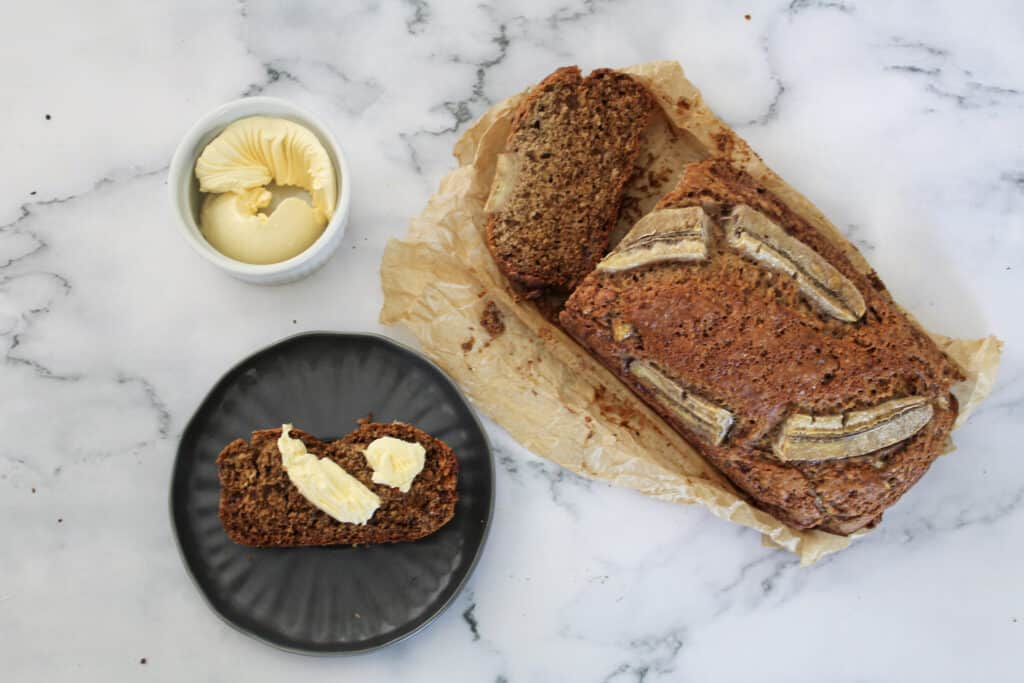
Best cooking methods for bananas
Cooking with bananas is very easy but extremely rewarding due to their unique texture and depth of flavor.
- Baking: Baking bananas can create a sweet, caramelized flavor that is perfect for desserts and healthy sweet snacks. To bake bananas, simply slice them and place them on a baking sheet with drizzled honey or sprinkled cinnamon to create a crunchy treat.
- Grilling: Grilled bananas can have a smoky, caramelized flavor that pairs nicely with the natural sweetness of the fruit. To best grill a banana, simply slice them in half lengthwise and place it on a grill over medium heat. You can also brush with butter or honey to add more crispiness and extra flavor.
- Frying: Fried bananas and plantains are very popular in many countries outside of the U.S. and can be enjoyed as a sweet treat or a side dish. To fry bananas, try slicing them into small pieces and cover in batter with sugar or cinnamon and nutmeg spices. Then fry in hot oil until golden brown.
- Saute: Sauteed bananas can be a good addition to savory dishes like stir-fry or curries or served with sour cream and beans for breakfast. I prefer plantains for this, but sweeter bananas work as well.
Experiment with different cooking methods to discover new notes of flavor from bananas you might not have tasted before. Whatever your preference, there are ways to prepare bananas to your style.
Recipes that use bananas
Bananas can be used in a wide range of recipes both sweet and savory. For a healthy breakfast try a warm and fluffy banana walnut oatmeal muffin that just about everyone will instantly fall in love with. Another popular breakfast and great brunch option is the banana cinnamon french toast topped with fresh bananas and blueberries.
Or try the ever-popular banana bread which is the perfect treat especially if the bread is warm with a small dab of butter. The options are limitless and because of the unique taste of bananas and their easy-to-use texture, you could use them in thousands of ways.
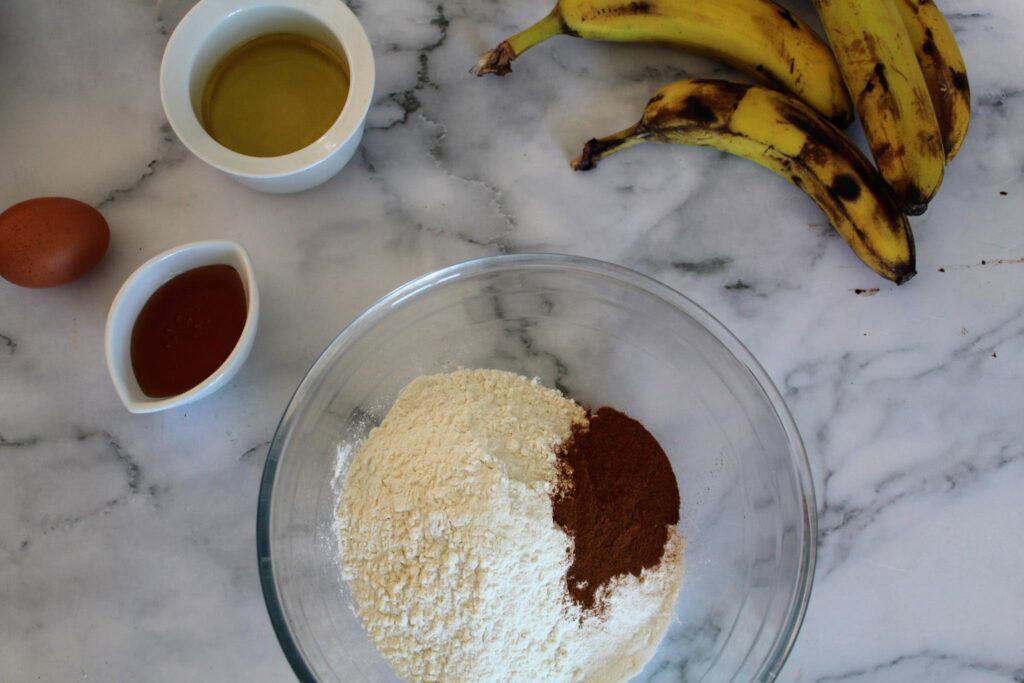
What to do with ripe bananas
If you’re wondering how to use ripe bananas, there are many ways to incorporate them into your meals and snacks. One of the most popular options is banana bread. There are many easy and delicious recipes available online that make use of overripe bananas. Another option is smoothies, where ripe bananas add natural sweetness and creaminess. They can be combined with other fruits and ingredients to create a variety of flavors.
For breakfast, you can add mashed ripe bananas to pancakes or waffle batter for a nutritious and delicious meal. Ripe bananas can also be added to oatmeal for added flavor and nutrition. Top with your favorite nuts or berries for a hearty and healthy breakfast. And for a healthy dessert option, you can freeze ripe bananas and blend them to create a creamy banana ice cream.
By using ripe bananas in these and other creative ways, you can enjoy their unique flavor and nutritional benefits while minimizing food waste.
Banana Bread with Crumb Topping
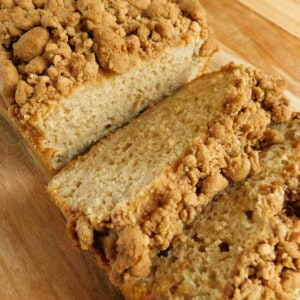
Ingredients
- 2 eggs
- 2 Tbsp brown sugar
- 2 large mashed bananas
- 1/3 cup unsweetened apple sauce
- 1/4 cup milk *I used 1%
- 1 tsp vanilla
- 1.5 cups flour
- 1 tsp baking powder
- 1.5 tsp cinnamon
- FOR THE CRUMBLE
- 1/4 cup flour
- 1/4 cup brown sugar
- 1 tsp cinnamon
- 2 Tbsp light butter, softened
Instructions
- Preheat the oven to 350F and spray a regular size 9x5 loaf pan with some non stick cooking spray.
- In a bowl, whisk eggs and add in the 2 tablespoons of brown sugar. Mix in the mashed bananas, applesauce, milk and vanilla extract.
- Stir in the all purpose flour, baking powder and cinnamon. Mix well and then pour the batter into the loaf pan.
- In a small bowl, mix the ¼ cup flour, ¼ cup brown sugar and 1 teaspoon of cinnamon together. Add the softened butter and mix till a crumb texture forms. If it is still too sticky, try adding a bit more all purpose flour.
- Sprinkle the crumble over the top of the batter and then bake the loaf in the oven for 50 minutes. Check that the loaf under all the crumble is baked through.
- Let it cool then carefully cut it into 10 slices. The crumble can be tricky and you will likely lose some while cutting into pieces but you can add any fallen pieces to your serving.
Notes
Nutrition
Nutrition information is automatically calculated, so should only be used as an approximation.
